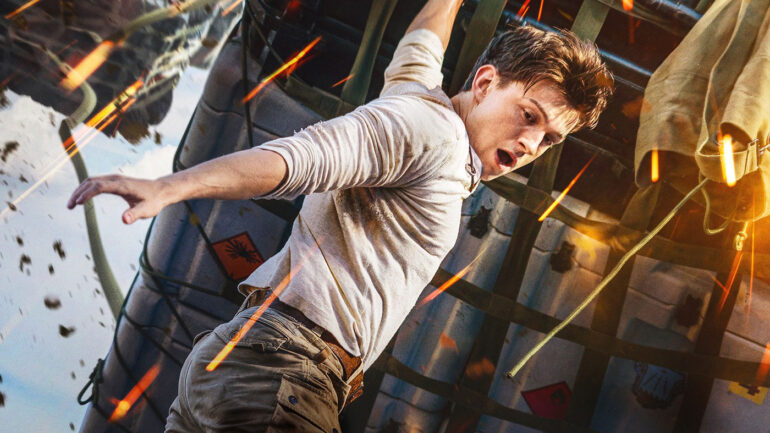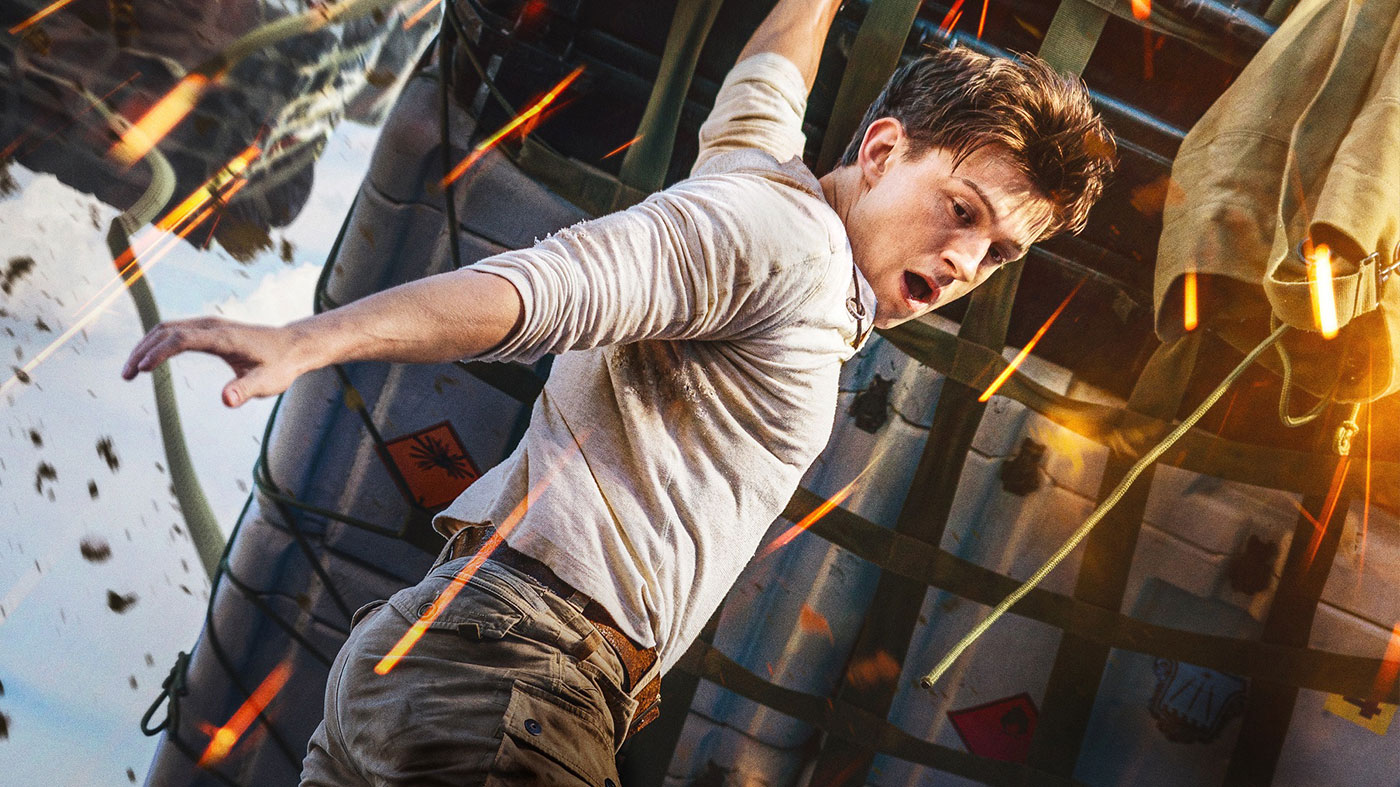As one of PlayStation’s most decorated franchises, spanning four mainline games and a few spin-offs, Uncharted was perhaps always bound for a bigger market. The stories of Nate Drake already borrowed so much from Indiana Jones and The Mummy, on paper it’s an adaptation that was predestined for success. An Uncharted film made a decade ago, in the days before Nathan Fillion’s youth dissipated, might have had all of the ingredients needed. Sadly, Ruben Fleischer’s take on Drake and the treasure hunter’s world at large feels like it’s unsure of who it’s even for.
It has the nods that take aim at Uncharted fans, but their repugnance at the handling of the franchise’s cast of characters is all but assured. Strip that away thin film of fan service and there’s barely a by-the-numbers popcorn flick left for the casual moviegoer.
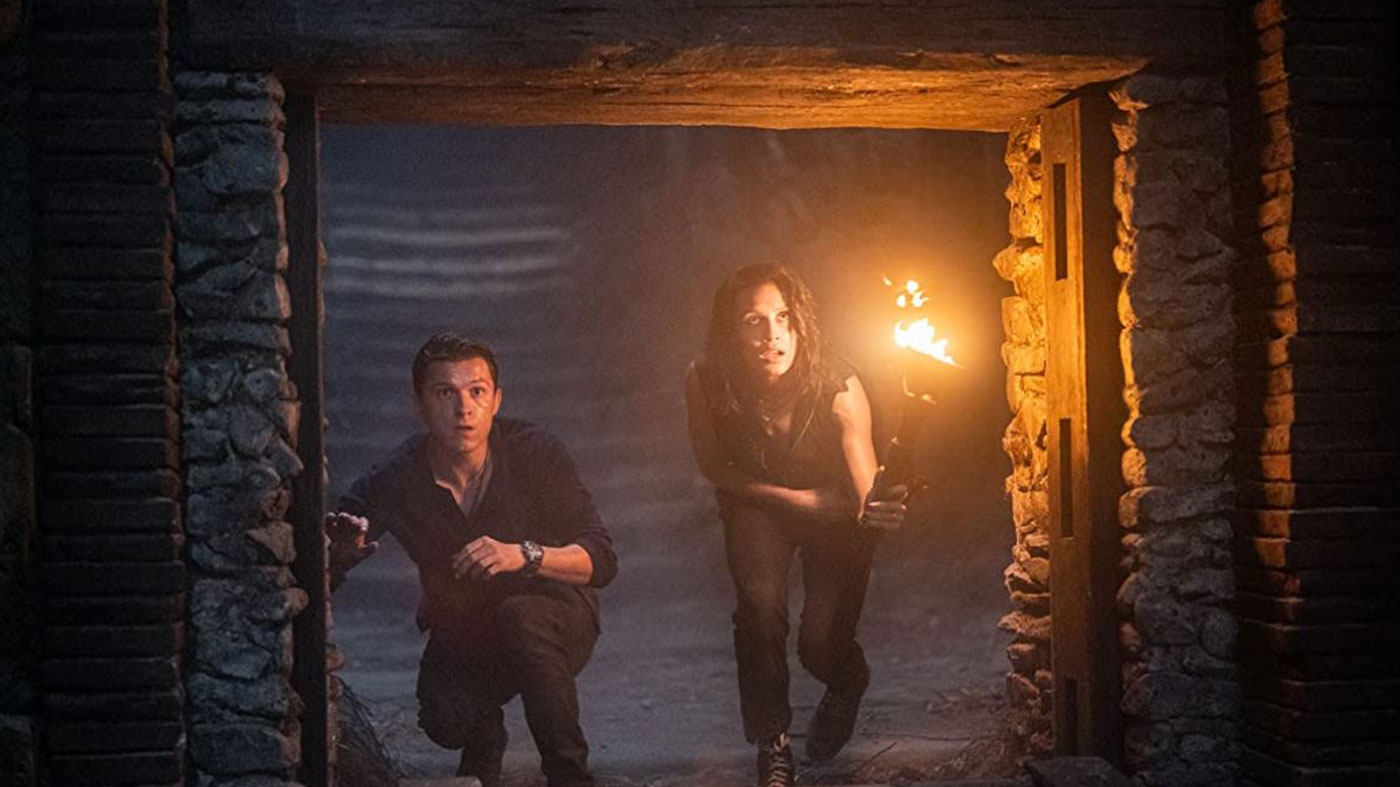
Cast all dream casting aside for this one, as bankable manchild Tom Holland brings Nathan Drake to life for this adaptation. The film is meant to serve as an origin story, which isn’t uncharted territory for the games, and it does play fast and loose with some of the established lore. Like the games eventually told us, Nate and Sam Drake grew up in St. Francis’ Boys Home and spend their nights waxing lyrical over being treasure seekers. After being caught trying to steal the map Magellan used to chart his course around the globe, Sam leaves after a fleeting farewell and a promise that he’ll come back.
Fifteen years later, the film’s Drake, a flamboyant bartender, uses the gig as a cover for being a quite literal thief. He’s caught in the act by Mark Wahlberg’s Victor “Sully” Sullivan, who forces a regularly apt Holland down to his level with a performance that I’d describe as “better than The Happening, at least.” Wahlberg seems like a stand-in any time Holland tries to raise the emotional stakes, it’s just fortunate that his comedic chops make this interpretation of Sully an enjoyable one at least.
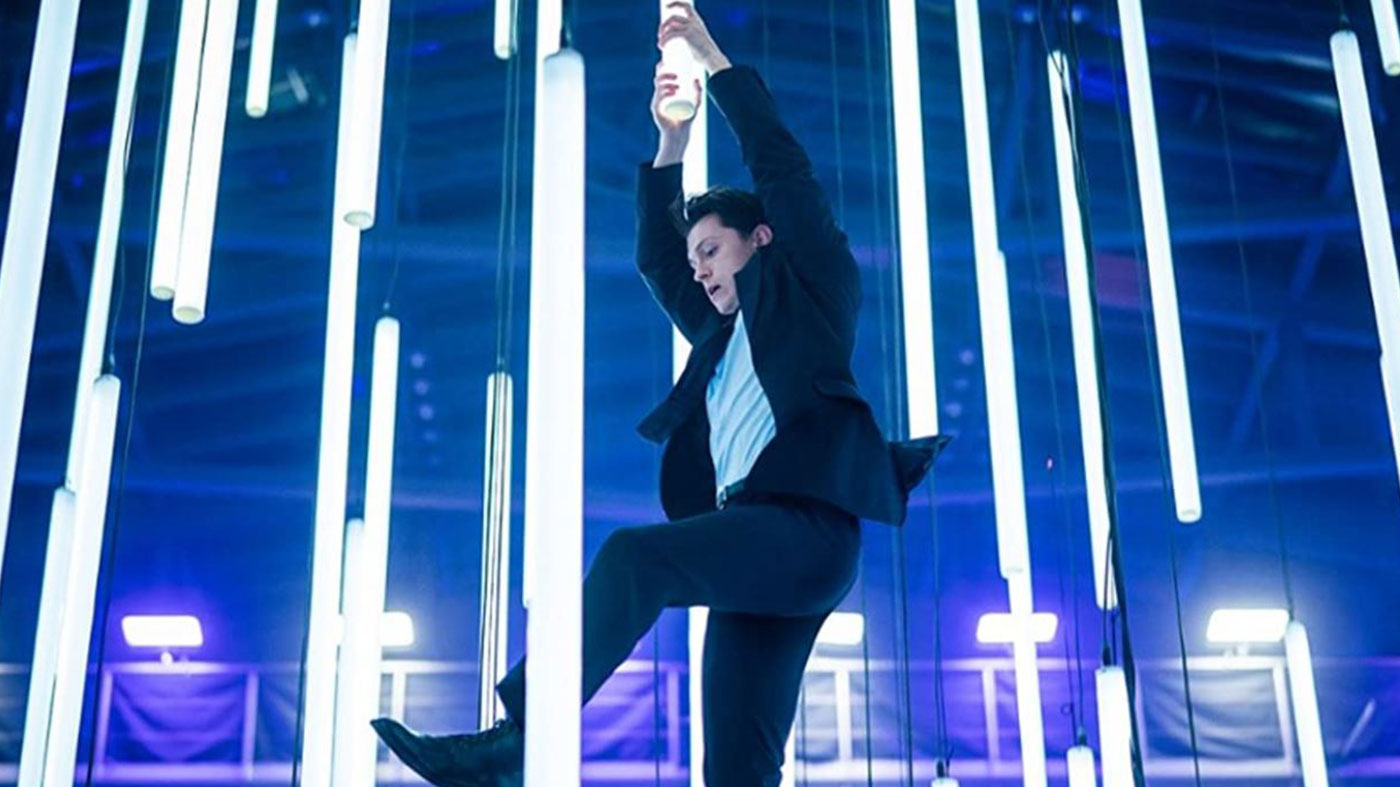
From here, the pair concoct a scheme to fulfil Drake’s lifelong obsession to finish his brother’s work to uncover Magellan’s lost treasure which, despite being lost for centuries, is the present obsession of the film’s bloodthirsty, yet colourless, villains. It’s all a bit silly, but ultimately the core idea wouldn’t be out of place in Uncharted, it’s through its use of the characters—the game’s absolute strength—that it falls over.
Nathan Drake’s identity has always been wrapped up within the fact that he’s a supposed descendant of Sir Francis Drake, a fact that this film mentions once in the prologue. I feel like Nate using that ‘lineage’ as his ticket into this dangerous, almost self-destructive lifestyle made him an interesting character, while Holland’s Drake is just a sad boy bartender whose only real interesting character trait is that his brother hasn’t written to him in years. That said, Holland’s charisma is undoubtable even if I still prefer the original in Nolan North.
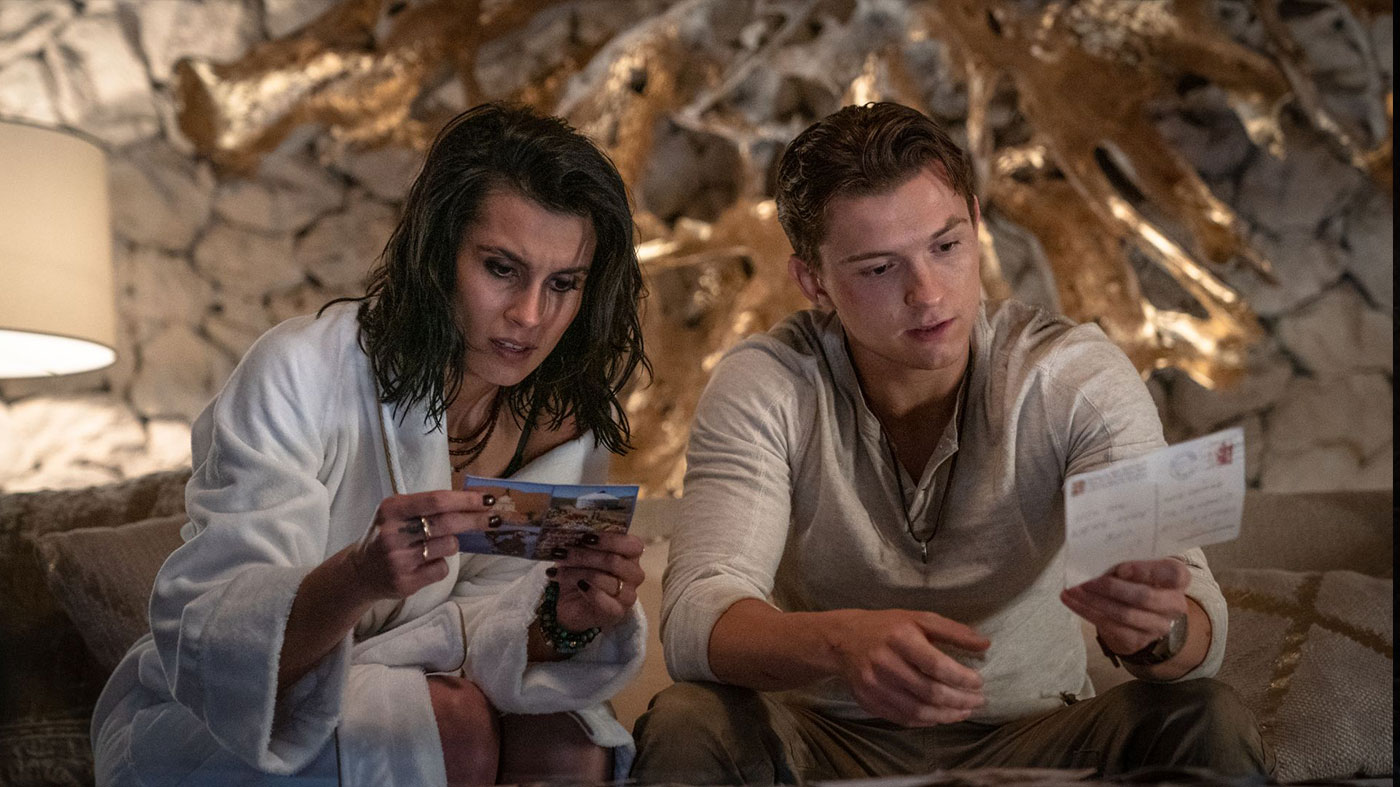
I always got the sense that Sully was more of a father figure to Nate in the games. Despite their great on-screen chemistry, and the surprising gulf in their actual ages, Holland and Wahlberg play the relationship as more of a sibling relationship and it falls kind of flat knowing what we could have had. It came as a surprise to me that Sophia Ali wasn’t Australian considering she pretty much nailed the accent and that her presence as Chloe, a real femme fatale in the games, would not feel out of place on Ramsey St.
Where it misses on the characters, Uncharted feels like a tremendous adaptation of the game’s huge, bombastic action set pieces and they’re driven splendidly by Fleischer, whose eye for action is on point. It’s hard to take exception to the absolute abandonment of logic and physics in the film’s most explosive scene, a live-action take on Drake’s Deception’s plane crash. It’s wild, it’s stupid, and everyone should have died ten times over, but it was bloody fun. I also appreciated the fight choreography found elsewhere in the film, along with the slightly less lethal Nate when compared to the games where the ludonarrative dissonance is hard to avoid.
That said, a lot of goons would have died in that third act. A lot.
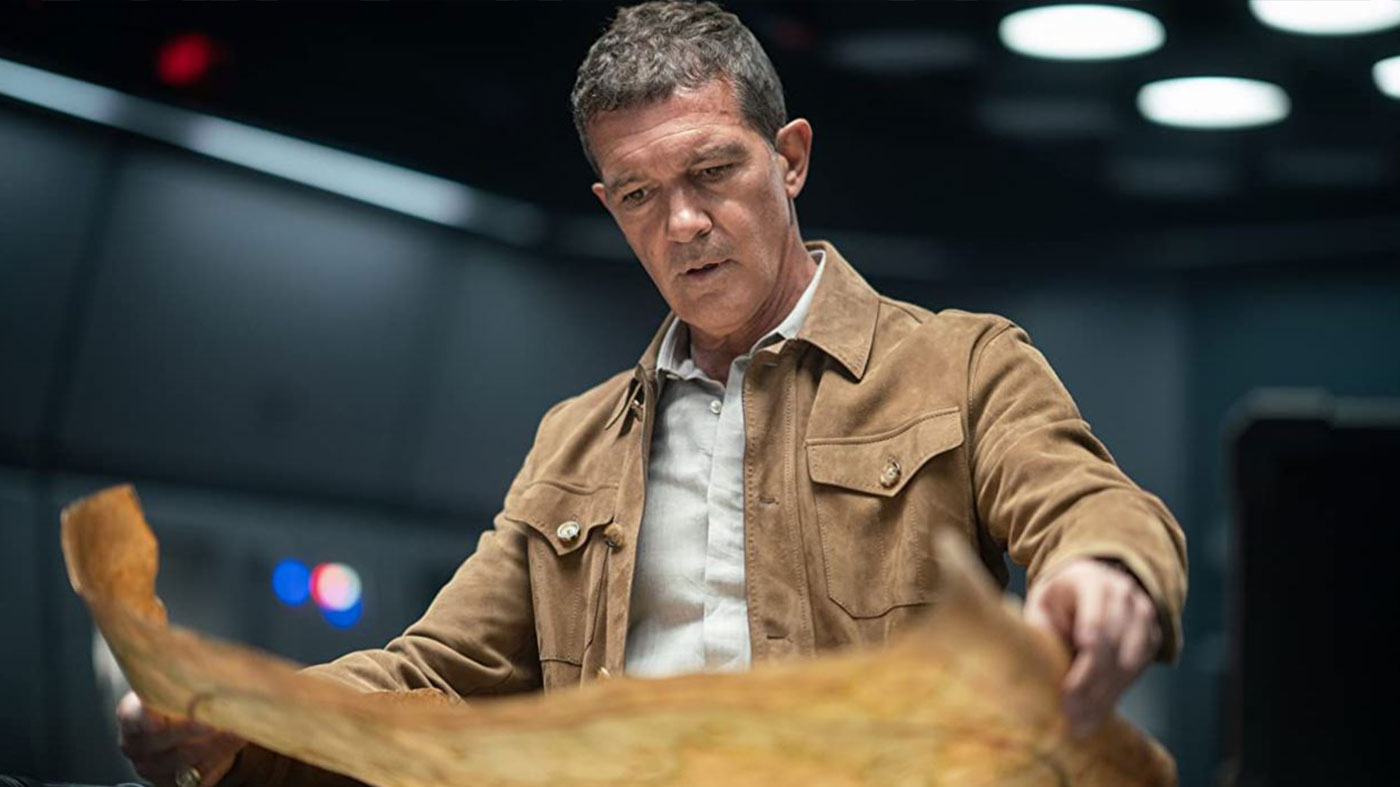
I was never bored with Uncharted and the plot does barrel along at breakneck pace, even if the crypt-crawling, puzzle-solving second act felt a little slower. It mightn’t do much of anything with its source material, but it does find a nice balance between the heist and adventure genres. Without a bit of base knowledge on who these people are—particularly Drake, Sully, and Chloe—the bevy of betrayals and backstabs is bound to be a bit dizzying, but the twists and turns are unlikely to come as a surprise to the initiated.
In terms of fan service, the one thing I hoped for prior to seeing the film was for the game’s instantly recognisable theme to be present. The two times it sounds throughout the film are suitably hype, I think fans will be pleased. It stands as proof of the original score’s timelessness, as Ramin Djawadi’s score falls flat otherwise.
As a game-to-film adaptation, Uncharted feels like it’s at odds with who it’s trying to draw in. It feels like a big enough departure from what the games did right to push fans away, while it relies on callbacks and references to the point where, without a base knowledge of the franchise, you’re going to find it hard to care.


